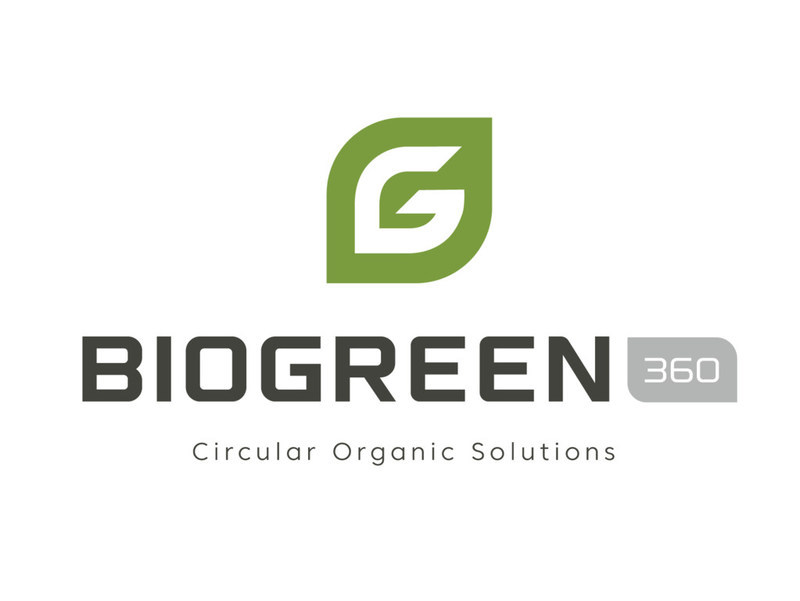BioGreen360, a distributed food waste management solutions provider, has announced the successful completion of a six-month collaboration with The Ritz-Carlton, Pentagon City Hotel and Garick to develop a closed-loop program that diverts 100 percent of the Hotel's food waste from landfills with the residual material being integrated into an all-natural compost product.
The collaboration was conducted at The Ritz-Carlton, Pentagon City Hotel, leveraging BioGreen360's integrated technology solution including: a waterless distributed digestor technology, proprietary bio-catalysis, an "as a a service" business model and a real-time data analytics package. Since the start of the collaboration, the Pentagon City Hotel has successfully diverted all of its food waste totaling more than ten tons. In addition, the culinary staff at the Pentagon City Hotel have used real-time data feeds from the system to track which departments are creating waste to reduce it over time.
The organic material created through the on-site digestion process at the hotel was then repurposed into an all-natural compost at Garick's New Milford, Connecticut facility. Through this collaborative relationship, the Pentagon City Hotel not only diverted 100 percent of its food waste, but now also is repurposing food that otherwise would have been wasted into a sustainable natural resource through an environmentally friendly, fully circular process.
"We are delighted The Ritz-Carlton, Pentagon City has successfully adopted our innovative closed-loop solution to food waste as we have found the local team not only to be excellent operators and hospitality professionals, but also forward-thinking and receptive to embracing new technologies that will help further differentiate them as a sustainable hospitality experience," states Justin Rosberg, president and COO of BioGreen360, in a statement. "We look forward to working with them for many years to come."
"The BioGreen360 solution allows us to be more efficient in the kitchen," said Executive Chef Phil Skerman, in a statement. "By tracking where waste is created, we are able to streamline our prep to ensure that as little food goes to waste as possible, and the scraps we do create are then turned into fertilizer instead of being added to landfills."
Related: Retailer Q&A: Handling Food Waste; The Urgent Company Acquires Coolhaus.

